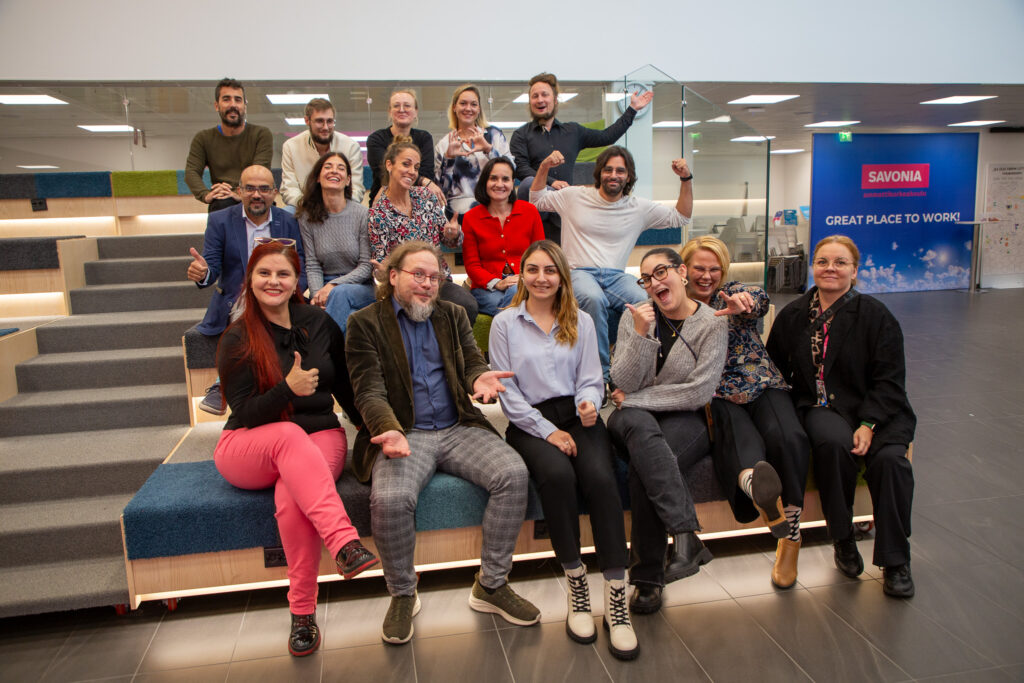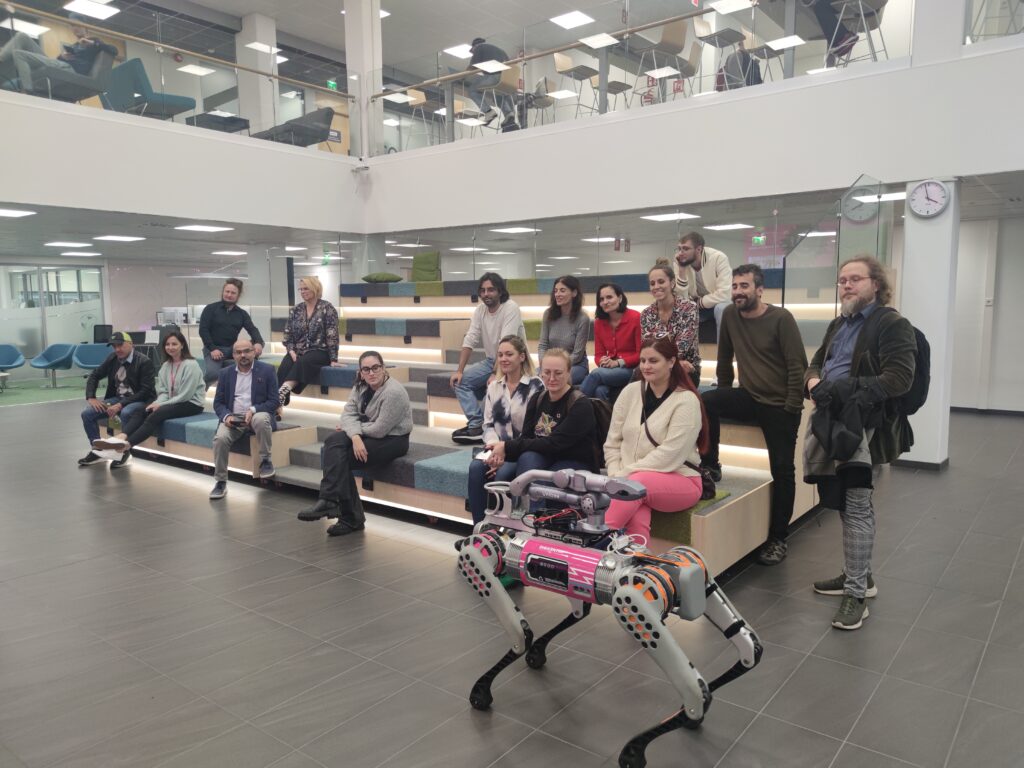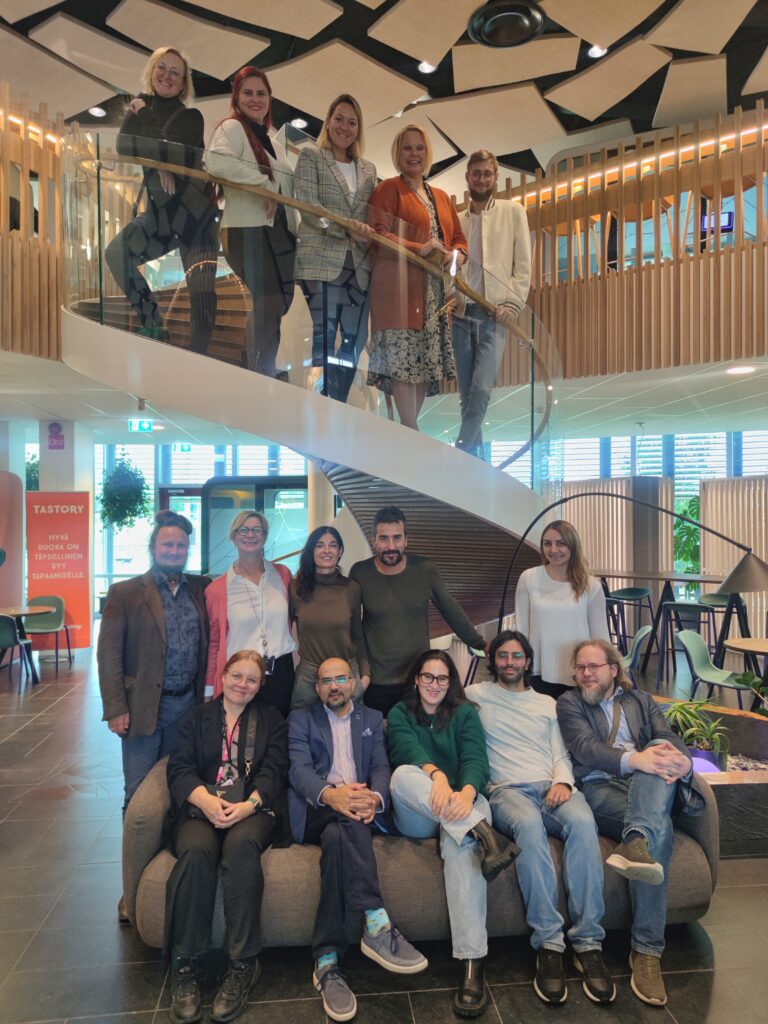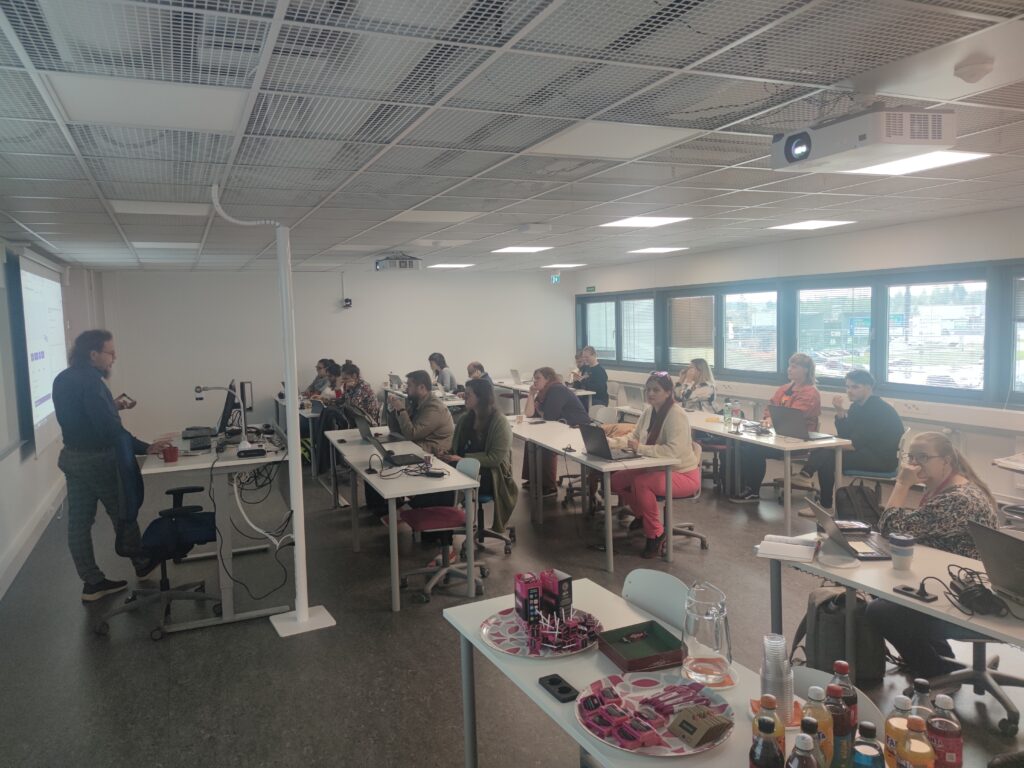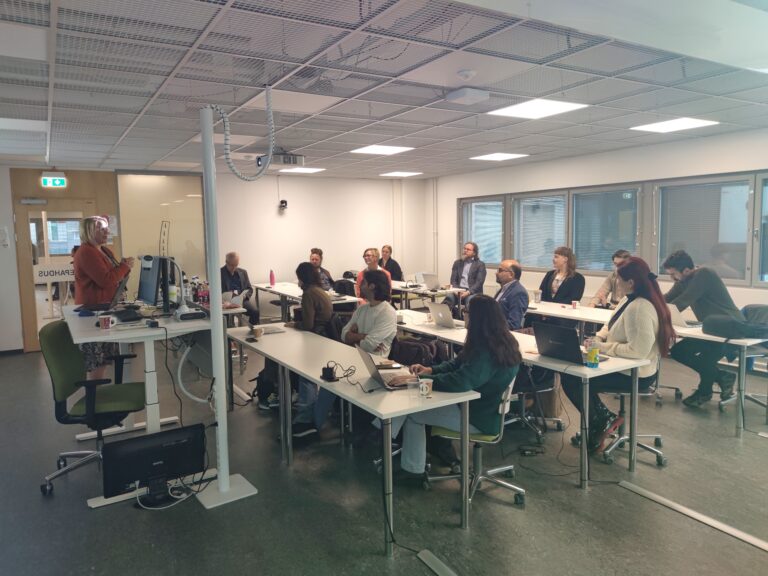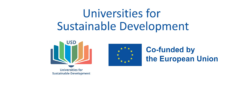September 24-25, Savonia University of Applied Sciences (Finland) hosted the USD project training activity to test two intellectual outputs of the project – Intelligent Target Locator and Knowledge for Sustainability portal.
INTELLIGENT TARGET LOCATOR is an advanced AI tool designed to help higher education institutions connect their activities (study plans, projects, publications) to the 169 Sustainable Development Goals (SDGs). By using this tool, anyone can quickly find relevant SDGs for their work without needing extensive prior knowledge – users will simply have to enter text, and the tool will provide a ranked list of related SDGs, making it simple to align their efforts with the 2030 Agenda.
Two results of the tested documents during the training session are provided below:
N1 ARTICLE: Relief and climate influence on isotopic composition of Atlantic Mediterranean karst spring waters (Andalusia, southern Spain)
DOCUMENT: https://onlinelibrary.wiley.com/doi/full/10.1002/hyp.14669
RESULT of Intelligent target locator: https://usdt.enreda.coop/results/d0c57bc0-6290-4df9-90ad-7e6ecf600782
N2 ARTICLE: Plant footprint decreases the functional diversity of molecules in topsoil organic matter after millions of years of ecosystem development
DOCUMENT: https://onlinelibrary.wiley.com/doi/full/10.1111/geb.13770
RESULT of Intelligent target locator: https://usdt.enreda.coop/results/11a81c55-b6a9-4bbf-96ce-56d6a8858859
KNOWLEDGE FOR SUSTAINABILITY PORTAL is going to be the largest online library, providing information to accelerate the implementation of 2030 Agenda. It can be used by anyone with academic or scientific interest in the 2030 Agenda. Registered individuals / institutions will be able to upload content of academic or scientific interest to the library. The uploaded documents will then be automatically tagged by SDGs helping users find the most current knowledge and training options for each goal and SDG.
In the framework of USD project four intellectual outputs are being produced, all of which, including Action plans & Methodological guide and SDG scorecard, can be seen in the “project outputs” section of the website.
In February 2025, seminar and multiplier event will be hosted at Pablo de Olavide University, Spain, where you can hear more about the intellectual outputs produced in USD project. Stay tuned!
